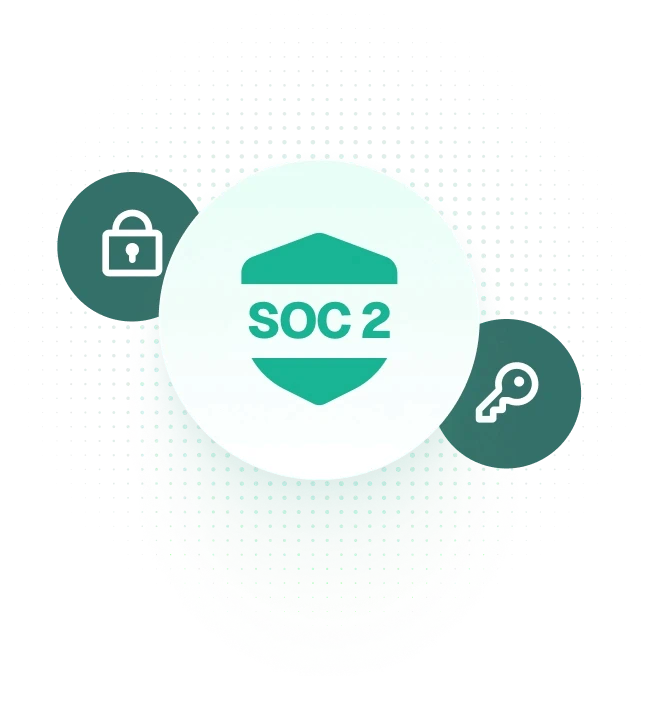Background and Importance of SOC 2 Compliance
SOC 2 is a voluntary compliance standard that is highly regarded in regulated industries handling sensitive information such as financial data, personal identifiable information (PII), or healthcare records. It serves as a comprehensive framework for managing data based on five "trust service principles": security, availability, processing integrity, confidentiality, and privacy.
Who Needs SOC 2 Compliance?
SOC 2 compliance is essential for service organizations, particularly those that store, process, or transmit customer data. This compliance is crucial for SaaS providers, cloud computing services, and businesses that depend on maintaining the integrity and confidentiality of the data they handle. The trust service principles include:
Security: The system is protected against unauthorized access, use, or modification.
Availability: The system is available for operation and use to meet the organization’s commitments and system requirements.
Processing Integrity: System processing is complete, valid, accurate, timely, and operates as intended.
Confidentiality: Information designated as confidential is protected by limiting access, storage, and use.
Privacy: The collection, storage, processing, and disclosure of any PII must adhere to the organization’s privacy policy.
Why Do You Need SOC 2 Compliance?
Trust and Assurance: SOC 2 compliance provides a benchmark for partners and customers, assuring them of the quality and security of the services provided.
Risk Mitigation: Compliance helps identify and mitigate risks associated with the handling of sensitive information.
Competitive Advantage: SOC 2 compliance can distinguish a company in the marketplace, offering an edge over competitors who do not meet these standards.
How Walturn Achieves SOC 2 Compliance
Risk Assessment and Management: We conduct comprehensive risk assessments to identify vulnerabilities and implement strategic measures to mitigate risks.
Robust Security Measures: Our security protocols include strong access controls, encryption, and security training for employees.
Availability: We ensure that our services are available and reliable for our clients at all times. This includes redundant infrastructure, failover mechanisms, disaster recovery plans, and proactive monitoring to minimize downtime and ensure continuous service availability.
Confidentiality: We maintain strict confidentiality controls to ensure that our clients' sensitive information is protected from unauthorized disclosure. This includes access controls, data encryption, employee training on confidentiality obligations, and confidentiality agreements with third-party service providers.
Privacy: We respect and protect the privacy of our clients' data under applicable privacy laws and regulations. This includes compliance with data protection laws such as GDPR and CCPA, transparent data processing practices, and mechanisms for individuals to exercise their privacy rights.
Regular Audits: We undergo regular internal and external audits to ensure ongoing compliance and make necessary adjustments to our control mechanisms.
Transparency and Communication: We maintain transparency with stakeholders about our compliance status and security practices.






































